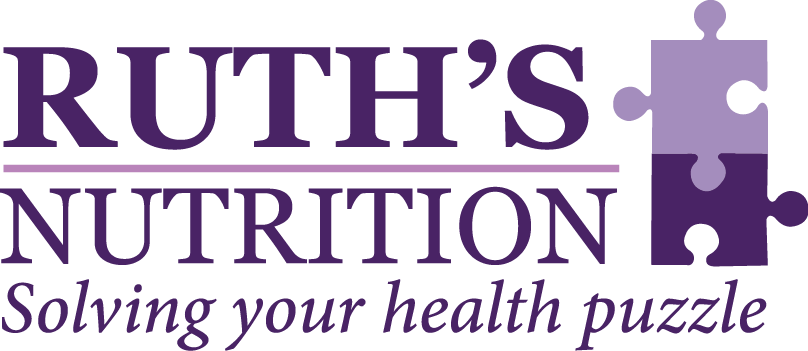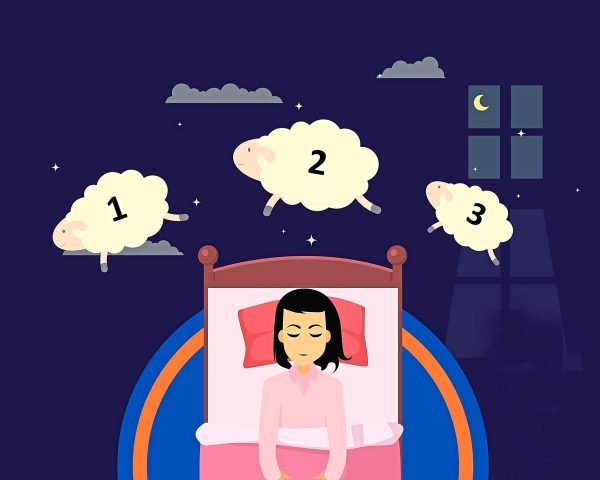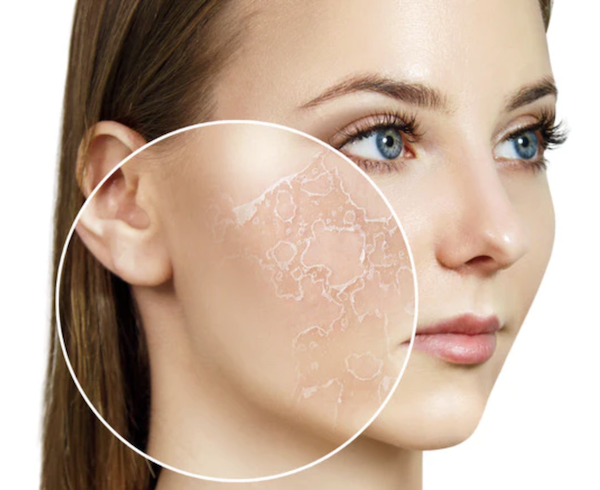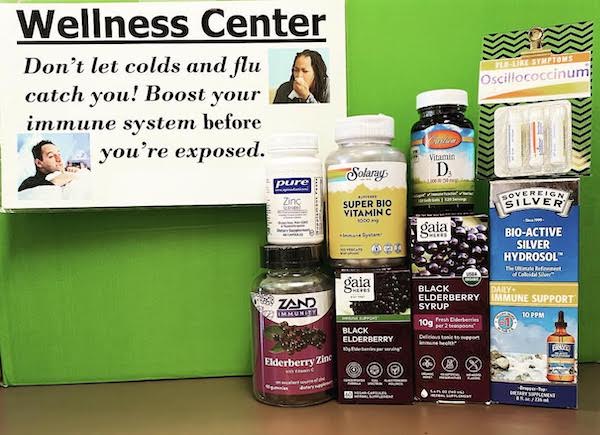It’s absolutely essential to good health
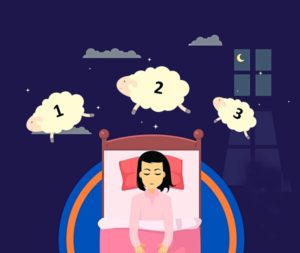
By Sue Cummings
I’ve been reading “Why We Sleep” by neuroscientist Matthew Walker, and it’s completely changed how I think about health. Where once I would have said diet and exercise are the primary building blocks of good health, Walker has convinced me that getting good sleep is even more important. It’s the foundation on which the other two rest because without good sleep it’s hard to stick to a healthy diet (you crave foods, have difficulty controlling blood sugar) and you exercise less efficiently (athletic performance decreases).
Walker says getting good sleep is the single most important lifestyle change we can make to improve our health. He recommends getting eight hours a night, and documents the problems that occur when we get less.
Sleeping well is not just about not feeling tired the next day. Every physiological system in the body and every operation of the mind is enhanced by sleep — and demonstrably impaired by lack of sleep. Walker calls it our superpower.
What does sleep do?
When we sleep, we clear out brain toxins such as amyloid plaques, which are associated with Alzheimer’s disease. Sleep is needed for learning new skills and remembering them, including motor skills like riding a bike. It’s necessary for a health immune system, and for proper body and brain function. Perhaps the easiest way to understand the importance of sleep is to consider what happens when we sleep less than eight hours a night:
Short sleep is associated with developing cancer, especially bowel, prostate, and breast. The evidence is so strong that the World Health Organization has classified nighttime shift work, which disrupts natural sleep cycles, as a possible carcinogen.
Lack of sleep is associated not only with cancer, but also with Alzheimer’s, diabetes, cardiovascular disease, obesity, chronic pain, depression, anxiety – the diseases of a modern Western society.
Studies show that people who sleep 5 hours a night have a 65% increased likelihood of dying at any time. Shorter sleep equals shorter life.
Men who sleep 4-5 hours a night will have testosterone levels equivalent to someone 10 years older than they are. Men who sleep 5 hours a night have significantly smaller testicles that men who sleep 7 hours or more. Women who routinely sleep less than 6 hours a night experience a 20% drop in follicular-releasing hormone, which is necessary for conception.
Operating on less than 5 hours sleep increases risk of car crashes threefold. In the United States, 1.2 million vehicle crashes are caused by sleepiness each year.
Humans need more than 7 hours of sleep each night to maintain cognitive performance. After 10 days of just 7 hours of sleep, the brain is as dysfunctional as it would be after going without sleep for 24 hours.
Lack of sleep causes you to eat more (especially carbs and salty snacks) and your body manages blood sugars less effectively. Hence, people who sleep less than 7 or 8 hours a night will increase their probability of gaining weight, being overweight/obese, and significantly increase their risk of becoming diabetic.
Just one night of sleeping only 4 hours drops natural killer (NK) cell activity 70%. Walker says that NK cells are the secret agents of the immune system, seeking out dangerous elements and eliminating them. Cancerous tumor cells are a prime target. No wonder lack of sleep is linked with developing cancer!
But I don’t sleep that long!
If you are like most Americans, you are not sleeping eight hours every night. In fact, in 1942 the average person slept 7.9 hours a night. Now we sleep on average 6.5 hours – about a 20% drop. But for Walker, consistently getting a good night’s sleep is an absolute necessity. Sleeping well improves every system of your body.
But what if you don’t. What if you want to sleep eight hours but have difficulty?
Walker does not recommend sleeping pills as they are sedative hypnotics that debilitate your frontal cortex, but do not encourage real restorative sleep. It’s rather like being knocked out by a two-by-four. And besides, Walker notes that sleeping pills are associated with a higher risk of death and cancer.
Instead, he offers the following:
5 steps to better sleep
- Go to bed at the same time and get up at the same time weekdays and weekends. Set aside a non-negotiable eight-hour opportunity for sleep.
- Have a dark bedroom, but also dim or turn off half the lights in the house about an hour before bed. Avoid interacting with blue light devices such as cellphones, computers, or TV during that hour. Darkness, even semi-darkness, encourages your body to produce melatonin, a key hormone for regulating the sleep cycle.
- Keep your bedroom cool, about 65 degrees. The body needs to drop 2-3 degrees in temperature to initiate sleep. That’s why it’s so much easier to sleep in a cold room rather than a hot one. Another tip: Take a hot bath before bed. It causes vasodilation that leads a lot of blood to the surface of the body. When you leave the bath you rapidly lose a lot of temperature and the core of the body becomes cooler. Wear socks in bed if your feet are cold.
- If you can’t sleep, don’t lie in bed a long time. Do that too often and the brain associates the bed with lying awake. Get up, read, meditate, do something relaxing. Just stay away from the blue-light-emitting devices!
- Avoid alcohol before bed, and limit caffeine to early in the day. Alcohol is a sedative that knocks out your frontal cortex but does not encourage true sleep. In fact, alcohol fragments sleep, waking you up during the night. It also blocks dream sleep, which is essential for emotional and mental health. Caffeine, on the other hand, is a stimulant with a half-life of six hours and a one-quarter life of eight hours. That means that if you have caffeine in the afternoon, a good bit of it is still in your brain at bedtime. Know, too, that our ability to clear caffeine decreases with age.
Walker also mentioned there are two major types of insomnia: having trouble falling asleep and staying asleep. Both are believed to be caused primarily by anxiety. Doing whatever you can to lower anxiety in general is a good idea. That could be exercise earlier in the day and/or mediation in the evening. Ruth’s customers tell us supplements also can be helpful for lowering anxiety and encouraging relaxation: magnesium, L-theanine, Gaba, valerian, tryptophan, kava kava, passionflower, California poppy, and Holy Basil are just a few of the possibilities.
REFERENCES:
“Why We Sleep: Unlocking the Power of Sleep and Dreams” by Matthew Walker
If you want to learn more, google Matthew Walker on youtube.com and you’ll find numerous enlightening podcasts, including a TEDtalk.
